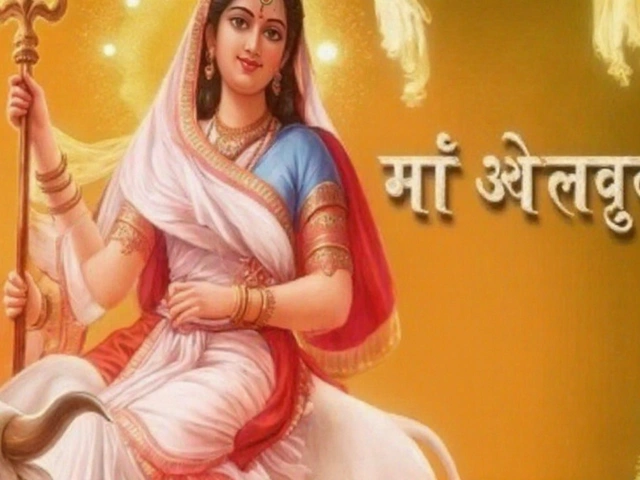Indians Abroad: What the World Really Thinks
Ever wondered if people around the globe truly dislike Indians just because they’re everywhere? It’s a question that pops up a lot, especially when you see news about Indian workers in tech, hospitality, or medicine. The short answer? Most people appreciate the value Indians bring, but a handful of misconceptions still linger.
First off, Indians are a massive part of the global workforce. From software engineers in Silicon Valley to chefs in London, their contributions are visible every day. That visibility often translates into respect. Companies repeatedly praise Indian teams for reliability and skill. When you walk into a restaurant run by an Indian family, you’re likely to get friendly service and tasty food – that’s a direct, positive impact.
Why Some Negative Views Stick
Negative opinions usually stem from two sources: stereotypes and competition. In some places, people label Indians as a “model minority” and assume they’re all the same – either super successful or taking away jobs. That simplification fuels resentment, especially during tough economic times. Media stories that focus on isolated incidents of crime or cultural clashes also amplify fear, even if those stories represent a tiny fraction of the community.
Another factor is misunderstanding of culture. Simple things like different accents, food habits, or social customs can feel unfamiliar, and unfamiliarity can be mistaken for threat. This is why many Indians face subtle discrimination, like being asked to “prove” their English or being excluded from social circles.
What the Majority Actually Thinks
Despite the noise, surveys in countries like the US, Canada, and the UK show a high level of approval for Indian immigrants. People cite their hard work, family values, and willingness to integrate as reasons for a positive view. In areas with large Indian populations, you’ll notice vibrant festivals, community support groups, and cross‑cultural friendships – all signs of acceptance.
Moreover, Indian professionals often bring new ideas and entrepreneurial spirit, which boosts local economies. Start‑ups founded by Indian founders create jobs, and Indian doctors fill critical gaps in healthcare. Those tangible benefits are hard to ignore.
So, is the world hating Indians simply because they’re everywhere? Not really. Most folks see the upside, while a small segment holds onto old biases. The key to shifting those biases is exposure – the more people interact with Indians in everyday life, the more they realize the stereotypes don’t hold up.If you’re an Indian living abroad or planning to move, focus on building bridges. Join local events, share your culture, and keep delivering quality work. Each positive interaction chips away at the misconceptions and makes the overall perception stronger.
Bottom line: Indians are widely respected for their contributions, but like any group, they face occasional prejudice. Understanding where that prejudice comes from helps you navigate it and, more importantly, showcase the real value you bring to any community.



